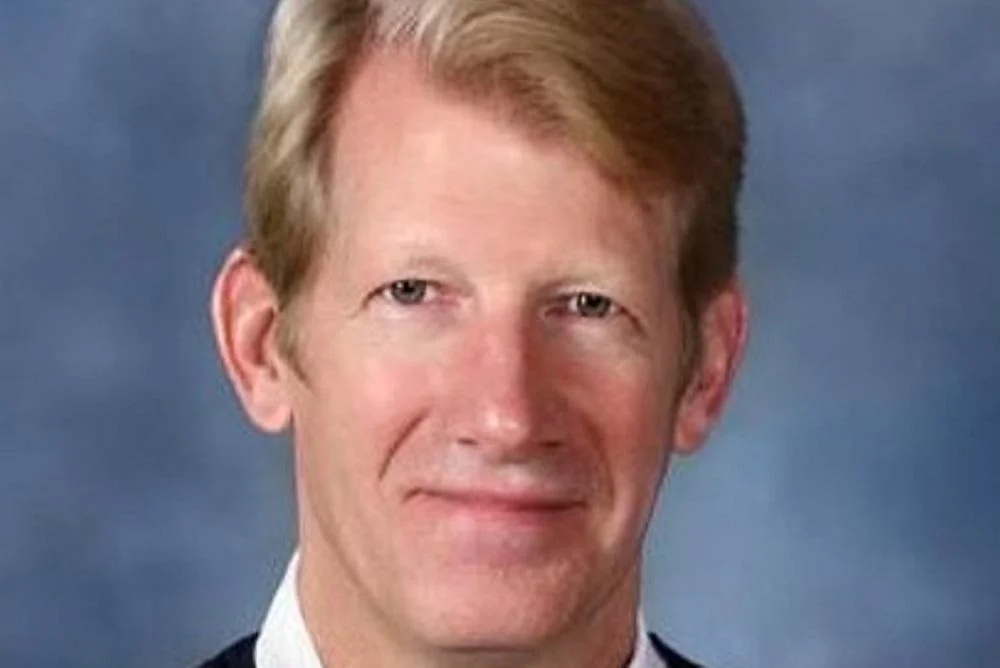The Louisiana Supreme Court has overturned a law allowing state legislators who are also attorneys to delay court proceedings when those schedules conflict with their legislative duties.
The high court handed down the decision on Oct. 25 in a 6-1 decision, finding that the state law dating back to the Civil War era is unconstitutional on its face, represents an overreach of the state Legislature’s authority and violates the state constitution’s separation-of-powers article.
The decision was the product of a case in which state Sen. Alan Seabaugh (R-Shreveport) and Rep. Michael Melerine (R-Shreveport) served as defense counsel and had sought and obtained continuances for a number of court dates. The plaintiff in the lawsuit was Theresa Fisher, who five years ago sued an under-age driver and his father for negligence when Steven Harter Jr. allegedly rear-ended Fisher, causing her vehicle to collide with a vehicle in front of her.
A trial court denied a motion by the plaintiff seeking an opinion on the constitutionality of the law in question, but the state Supreme Court granted the plaintiff’s application. Fisher’s attorney argued that the language of the law gave lawmakers the power to unilaterally decide to extend any type of legal deadlines, creating uncertainty about whether the plaintiff would ever receive the justice she sought.
“... We conclude that La. R.S. 13:4163 does not aid in the exercise of the power of the courts, but rather subverts the courts’ constitutional and statutory powers, as the Legislature has usurped the courts’ power to decide when fixed court dates may be continued or extended; thereby violating the separation-of-powers doctrine set forth in (Article 2 of the Louisiana Constitution),” the opinion authored by Justice Jefferson Hughes states.
In passing the measure, the state Legislature intruded too far into the operation of the judicial system.
“Denying a court the power to decide matters historically considered as falling exclusively within the bailiwick of the judicial branch subverts the power of the judiciary in violation of the separation of powers doctrine,” Hughes said. “Other state courts have reached similar conclusions.”
Neither Seabaugh nor Melerine responded to requests for comment, but Fisher’s attorney, Joseph Gregorio, said that the lawmakers were abusing authority granted them by the law and were missing important legal deadlines. Gregorio also expressed thanks to the high court for ruling in his client’s favor.
“This ruling not only underscores the importance of upholding individual rights to have one’s case timely heard within our legal system but also highlights the critical role that our judiciary plays in interpreting and protecting our Louisiana Constitution,” Gregorio said in an email to the Louisiana Record. “Going forward, I hope this decision will shape future legislative practices to ensure that the Louisiana Legislature will not overstep into the judiciary’s nor the executive branch’s purview.”
Seabaugh took the matter a step further earlier this year by authoring a bill that attempted to discourage plaintiff attorneys from challenging legislator-attorney continuances by requiring awards of attorney fees and court costs to the lawmakers. That measure, Senate Bill 185, was vetoed by Gov. Jeff Landry, who argued that some legal proceedings merit immediate action and should not be subject to such delays.
In an amicus brief siding with Fisher, attorney Carley Magette said a case she worked on involving an engaged couple over ownership of an engagement ring and certain debts was delayed nine times in a district court and once in an appellate court as a result of the law mandating continuances for legislator-lawyers.
State Supreme Court Justice Jay McCallum dissented in this month’s ruling, concluding that the court majority’s opinion was heavy-handed.
“This issue is one that occurs rarely,” McCallum said. “This court has other, less destructive ways to remedy the situation in this case and others like it.”
